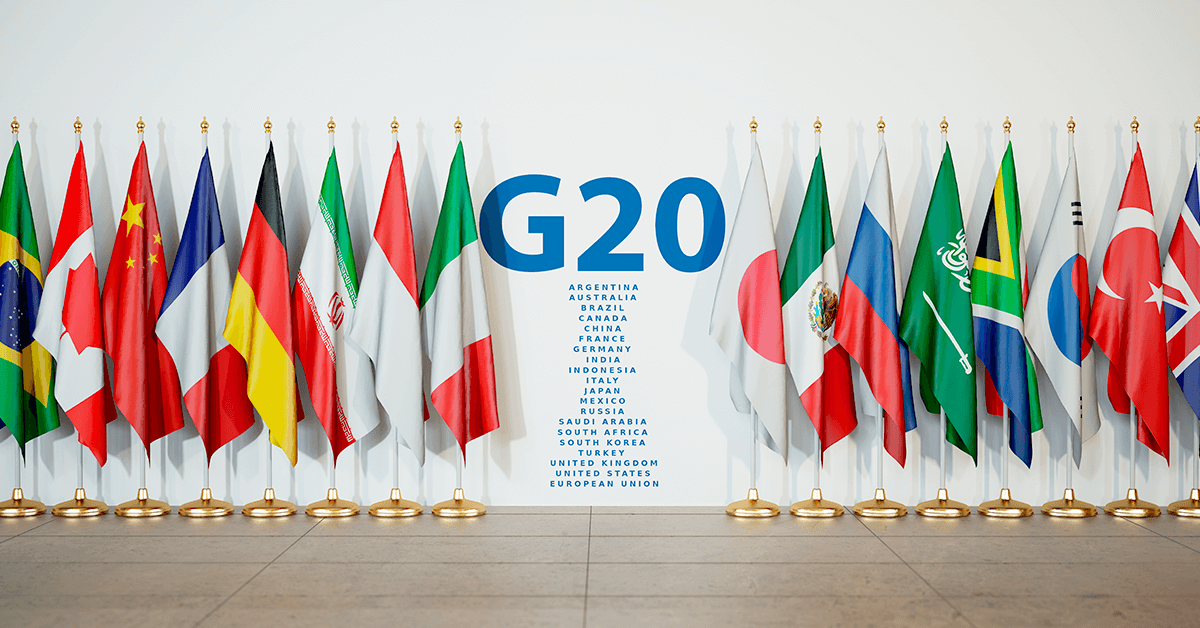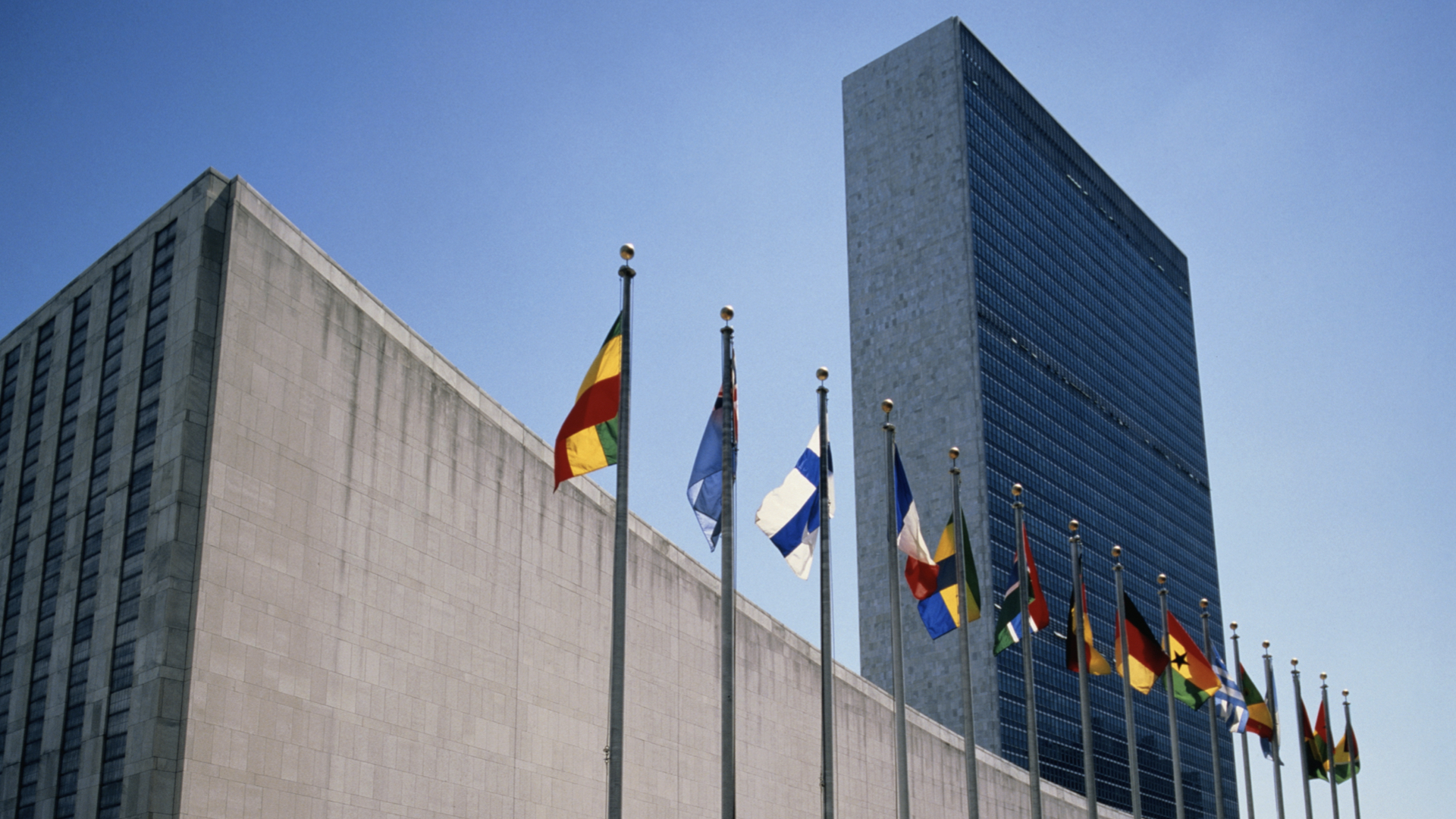Developed and emerging economies are coming under growing pressure to show real intent to slash emissions and hike climate finance within this decade, less than six weeks ahead of the UN’s crucial COP26 summit in Glasgow.
The absence of leaders from China, India and the US at a UN-UK climate meeting on Monday gave way to expressions of rage and anger among at-risk developing countries. Instead, the Informal Leaders Roundtable on Climate Action, held on the sidelines of the United Nations General Assembly in New York, focused on the existential threat faced by small island and African states – and the need for November’s COP26 to ramp up climate action within the 2020s.
“For us it is inexplicable the world isn’t taking action and suggests we in small islands are to remain dispensable and remain invisible,” said Barbados Prime Minister Mia Mottley. “The G20 is responsible for 80 per cent of greenhouse gas emissions, which means more than 170 countries are responsible for just 20 per cent. We are not going in the right direction and yet it is only so few that are needed to put us in the right direction.”

Of the G20 major economies, the only leaders who showed up were from France, Germany, Italy, the UK and the European Union. China and the US sent representatives, but on Tuesday President Joe Biden announced that the country will double its climate finance by 2024 and President Xi Jinping announced China will stop building new coal-fired power plants overseas.
That increase may be welcome, but it has yet to assuage a broader concern that the biggest contributors to climate change are falling far short of their responsibility – and opportunity – to stem the global crisis.
COP26 could either mark a “true turning point” or become a failure, depending on what large economies decide to do between now and the summit’s start on 1 November, UN Secretary-General António Guterres made clear at the informal roundtable. He welcomed Biden’s and Xi’s commitments, but said they’re not enough.
“We need decisive action by all countries, especially the G20, to go the extra mile and effectively contribute to emission reductions,” Guterres said on Tuesday.
The Gap
For the best chance of limiting global warming to 1.5 degrees Celsius, the world needs to roughly halve greenhouse gas emissions between 2020 and 2030 and reach net zero by 2050, according to the UN’s Intergovernmental Panel on Climate Change.
Instead, national commitments made so far would lead to a 16 per cent increase of emissions by 2030, compared to 2010, and 2.7 degrees of warming, according to a UN’s synthesis of national commitments, released last week.
To achieve a turning point at COP26, Guterres said countries must bring national climate commitments in line with the 1.5-degree goal; fulfill the developed world’s pledge to mobilise $100 billion per year in public and private climate finance from 2020; and raise finance for adaptation to climate change until it makes up half of total climate finance.
Biden’s announcement on Wednesday would raise US finance to $11.4 billion per year by 2024. However, America’s fair share of the $100 billion goal is between $25 billion and $40 billion per year, according to the think-tank ODI.
Denmark and Sweden pledged this week to raise adaptation funding to 50 per cent of the total, while Italian Prime Minister Mario Draghi said Italy will make a new financial commitment that meets its fair share in the coming weeks.
Eyes on the US, China and the G20
While all countries need to do their bit, what some do will matter more than others.
Above all: the world’s two biggest emitters and superpowers, China and the US, Laurence Tubiana, chief executive of the European Climate Foundation, wrote in the Financial Times this week.
“They lead countries on the climate frontline, yet are well set to benefit from green growth,” Tubiana said. “It is in their self-interest to collaborate, yet a state of mutual distrust means they’re failing to confront an enemy overwhelming their defences.”
China’s ability to quit coal, at home and overseas, can determine whether the world limits warming to 1.5 degrees. China is home to just over half of the coal-fired power capacity under construction and the pre-construction pipeline worldwide, according to a new report by E3G. The US, meanwhile, needs to meet its fair share of the pledge to mobilise $100 billion per year, in order to show developing countries that America does stand by its word, Tubiana wrote.
As host of this year’s G20 talks, Italy also has the opportunity to ramp up the group’s efforts to stay within 1.5 degrees, according to Luca Bergamaschi, co-founder of the Italian think-tank ECCO, and Bernice Lee, research director of futures at Chatham House. Again, China’s support is critical to success at the G20 – and Draghi can cement it by forging a new Italy-China alliance, they wrote in Euractiv.
But that diplomacy needs to happen now, with less than six weeks before G20 leaders meet in Rome on 30-31 October and with other leaders in Glasgow the next day.
“If countries were private entities, all leaders would be fired as we are not on track,” said Costa Rican President Carlos Alvarado Quesada.





